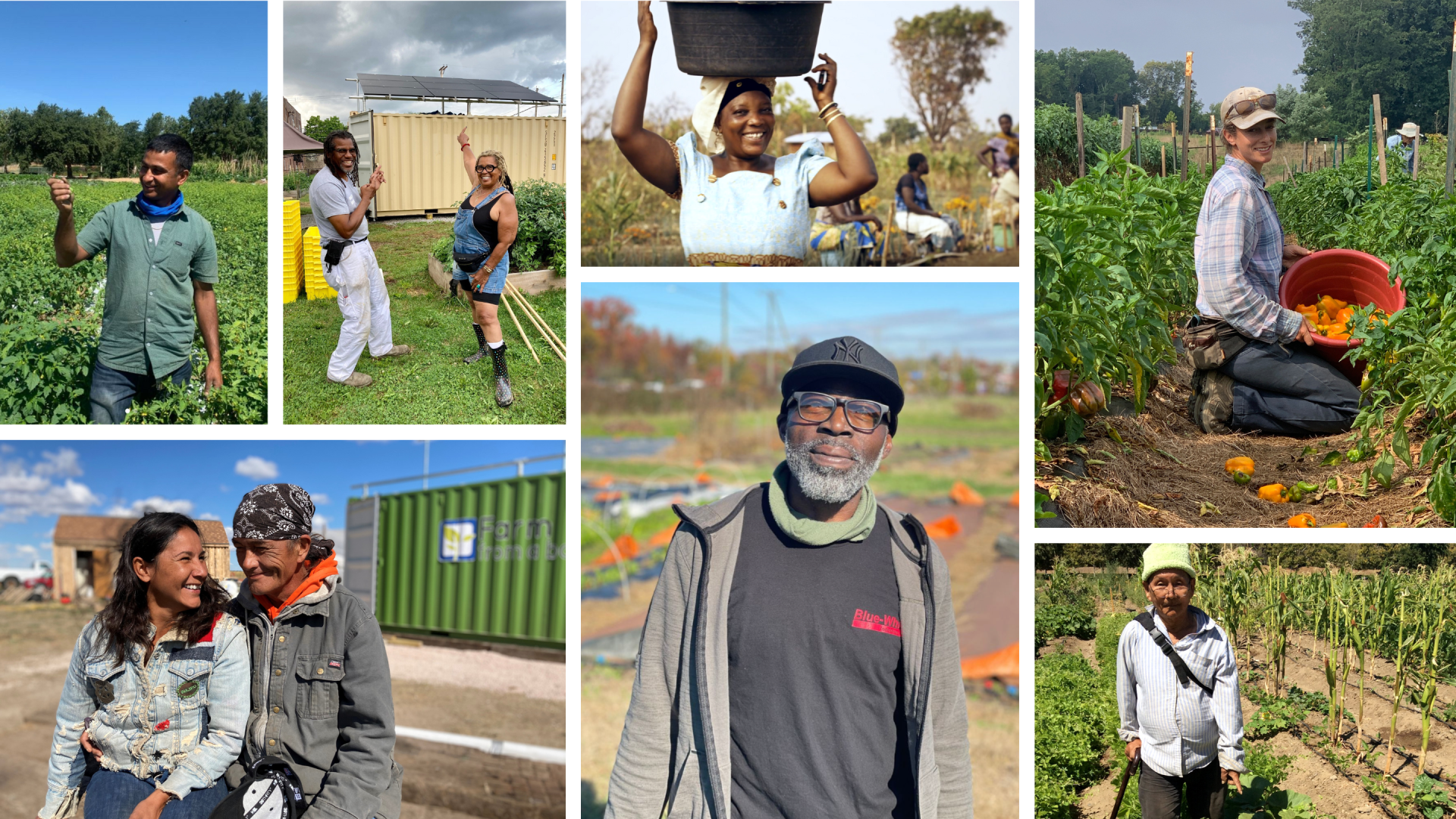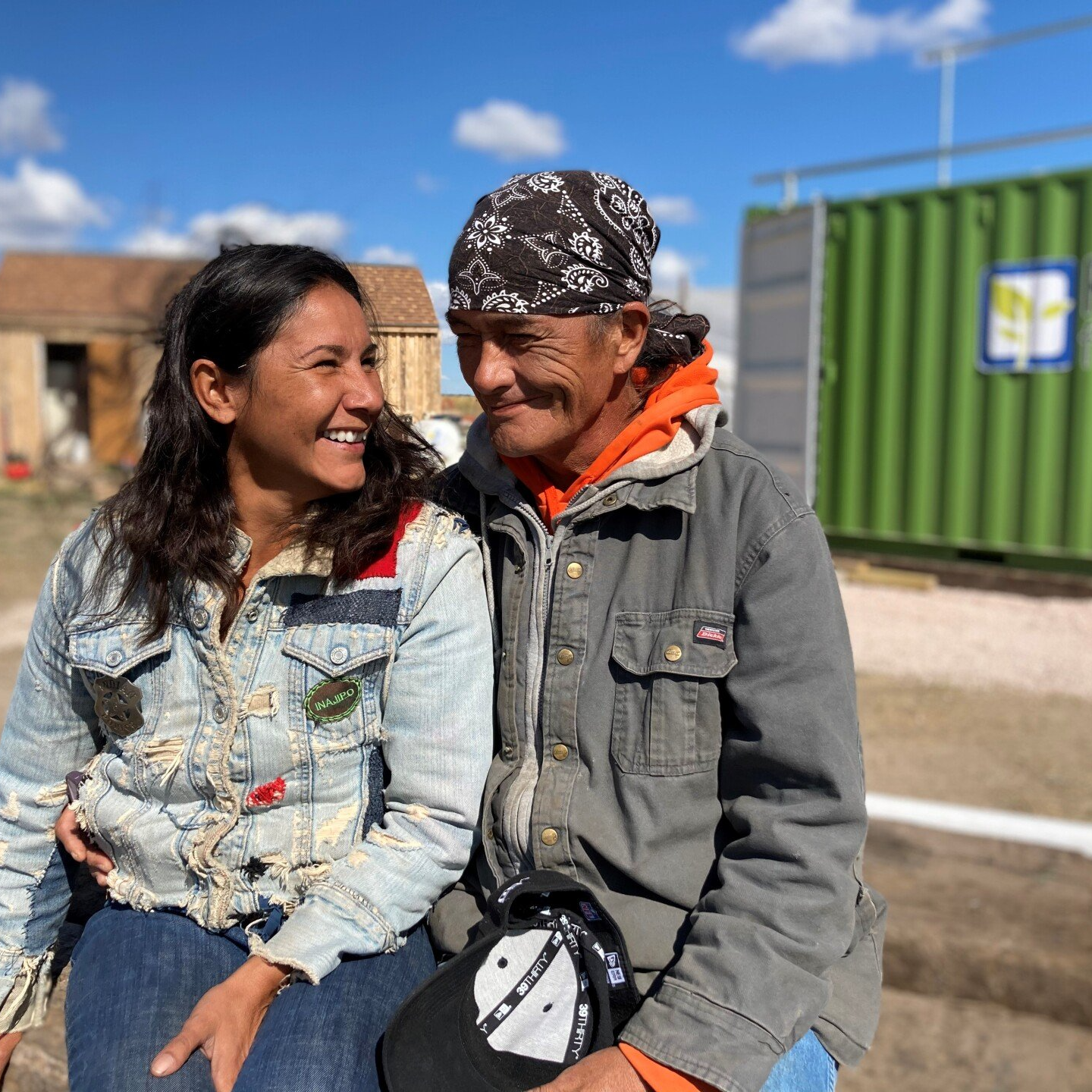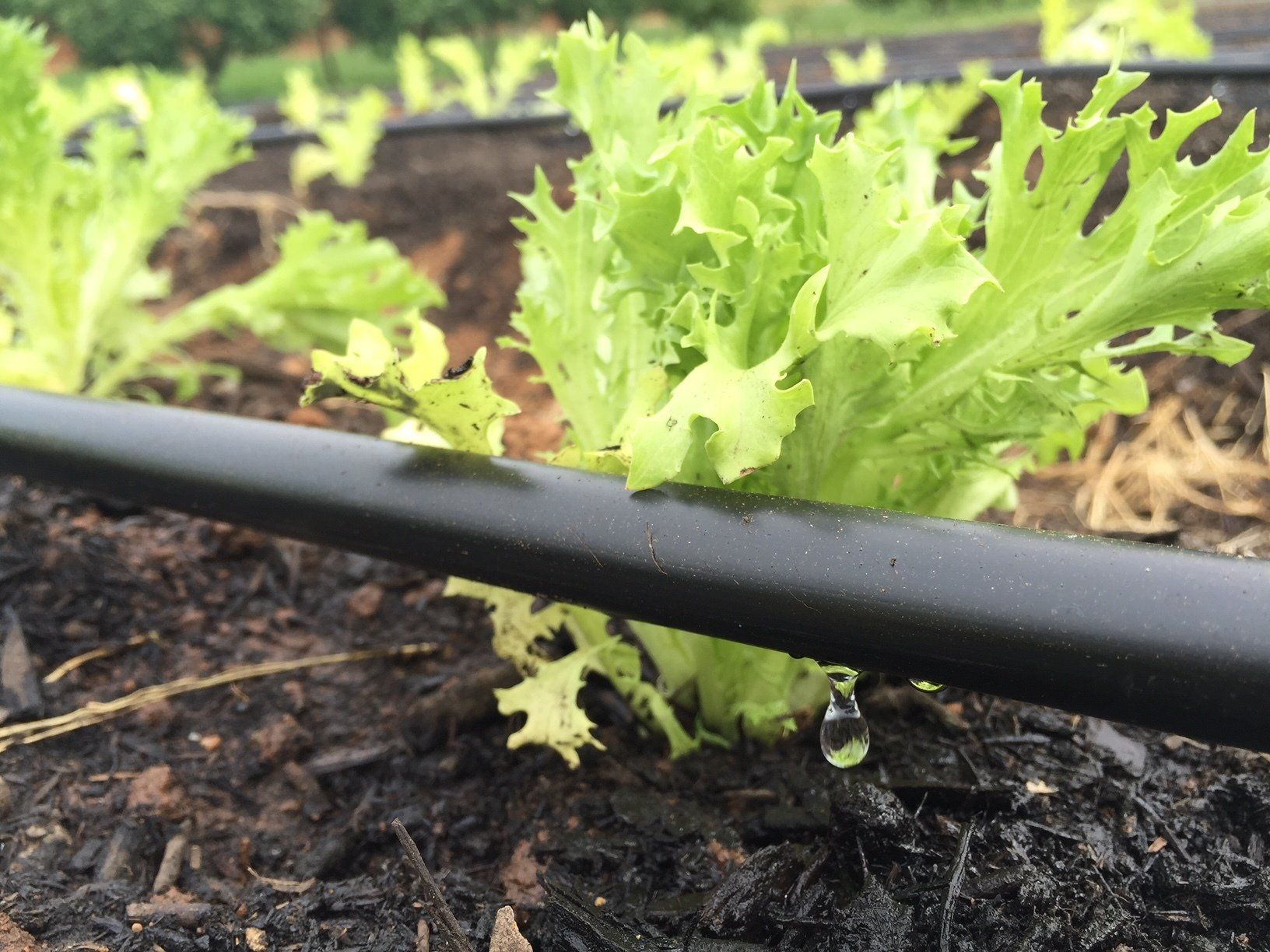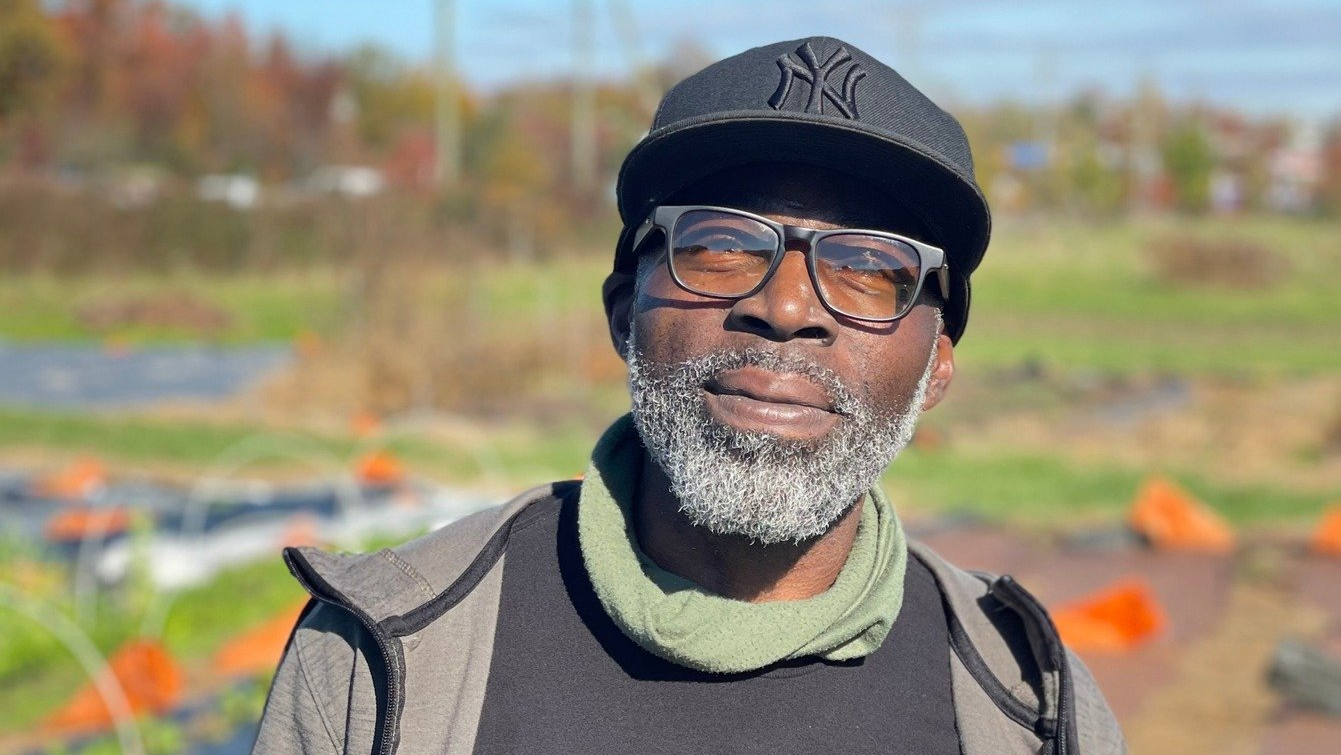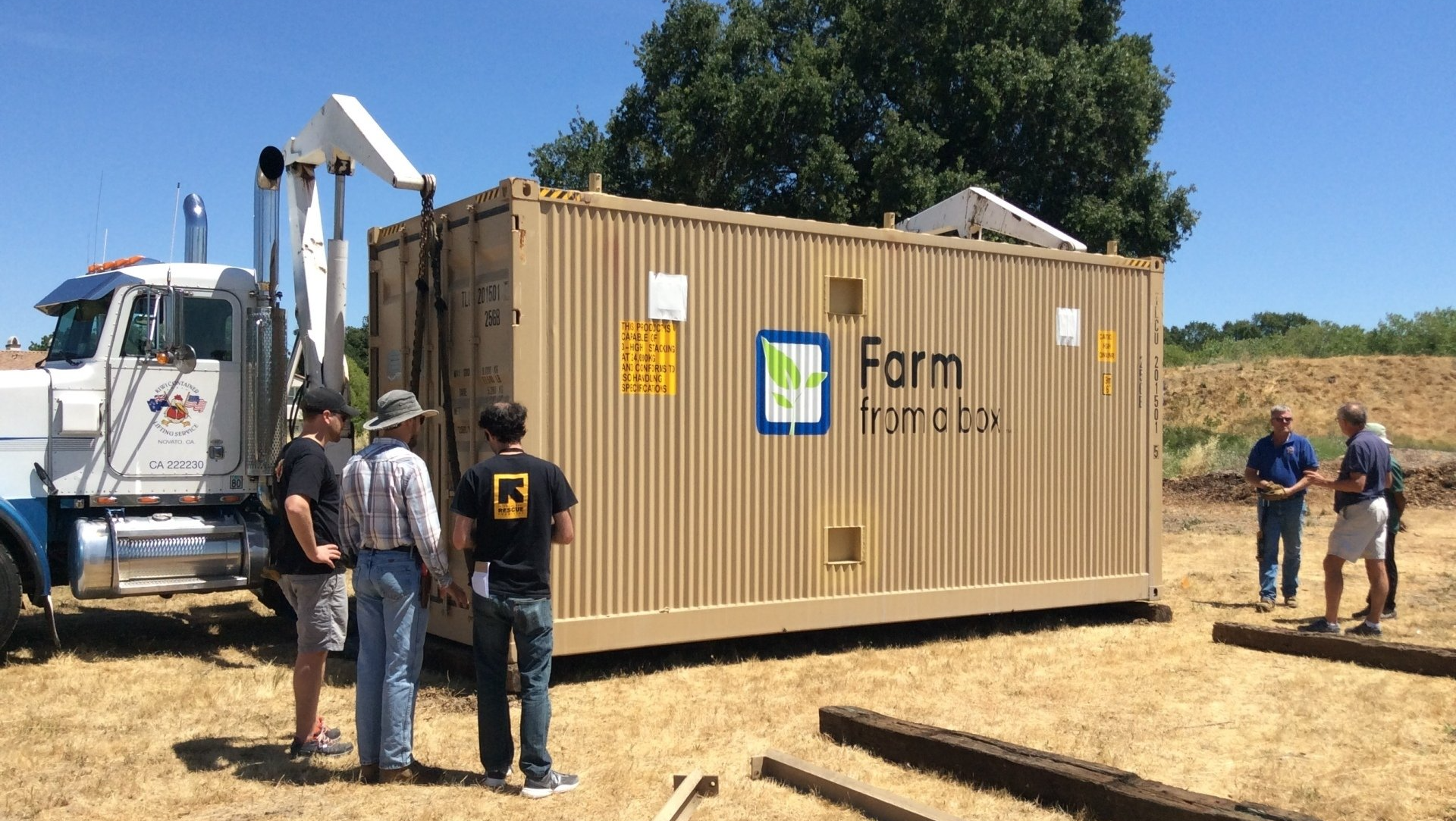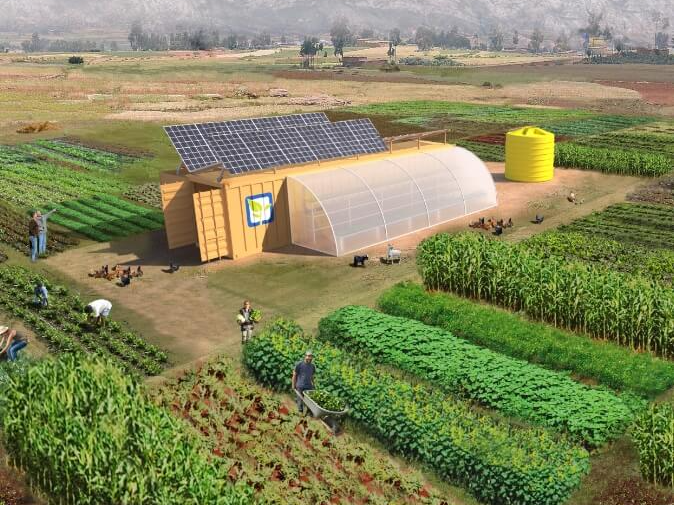Meet Ram Khatiwoda: Refugee, Farmer, & Educator
We are surrounded by incredible people who are putting in the work, uplifting their communities, and making real change. It’s time we shared their stories! Welcome to Farm from a Box’s Farmer Feature, our series highlighting heroes that we are proud to know, work with, and learn from.
Meet Meet Ram Khatiwoda:
Refugee, Farmer, & Educator
Born in Bhutan, Ram Khatiwoda and his family fled the country when he was just 10 years old. After spending years living in refugee camps and working on farms in Nepal, Ram relocated to Sacramento, California with the help of the International Rescue Committee (IRC).
In Sacramento, Ram noticed that many people were unhealthy. Diet, he learned, was a root cause of poor communal health and was often caused by a lack of access to nutritious food. Ram decided he wanted to work to provide his community with fresh produce and joined the IRC's New Roots Farm team.
Founded in 2016, New Roots Farm sits on a 5.5 acre plot in Western Sacramento. This urban farm helps refugees reconnect with the land, grow food for themselves and their families, and find community in their new home. Offering community garden plots, nutrition education, and a job training program for new farmers, they work to provide the refugee community with the tools and training needed to grow healthy and affordable food, make a living, and become self-sufficient.
Q:
What sort of crops do you grow?
A:
Our trainee farmers grow 40-50 different crops, and a lot of it is produce from their home countries.
Culturally-affirming produce is often difficult to find at local stores or markets but is incredibly important to help refugees build community, nurture their connections to their homeland, and celebrate their culture, Ram said. It helps people feel at home.
Produce grown at New Roots includes: tomatillos, long beans, black-eyed peas, carrots, cucumbers, cauliflower, bell peppers, and chili peppers.
The trainee farmers sell their produce at a reduced rate to the nearby Yolo Food Bank, where it is distributed widely within the community. Growing on just half an acre, they supplied 28,600 pounds of produce to the food bank in 2021 alone.
The neighborhood surrounding the farm is home to a predominantly low income and refugee population, with many relying on resources like the Yolo Food Bank and SNAP benefits. Increasing access to fresh, organic fruits and vegetables is key to addressing diet-related illnesses and improving communal health, Ram said.
"2021 was a critical time. Food need was really high, and people were looking for local, healthy food options," Ram explained. "It's been great to work with the Yolo Food Bank."
An additional 70,000 pounds of food was grown on the other five acres New Roots cultivates. It was distributed to the farmers and their families as well as sold at a weekly farm stand, local grocery stores, and two neighborhood pop up stands in Arden-Arcade, a census-designated place in Sacramento County with high rates of food insecurity.


Q:
What's the farmer job training program like?
A:
We teach refugee farmers how to grow crops at a commercial level in the US climate. We also focus on skill and dream building.
Through hands-on lessons, New Roots' job training program empowers trainees to start their own farms. They currently have eight farmers in training, and two others have already graduated and started their own agribusinesses.
"Actual farming knowledge and education is a challenge for people entering the American farming system," Ram explained. The tools, materials, and resources needed to start a farm in the US are not readily available for immigrants.
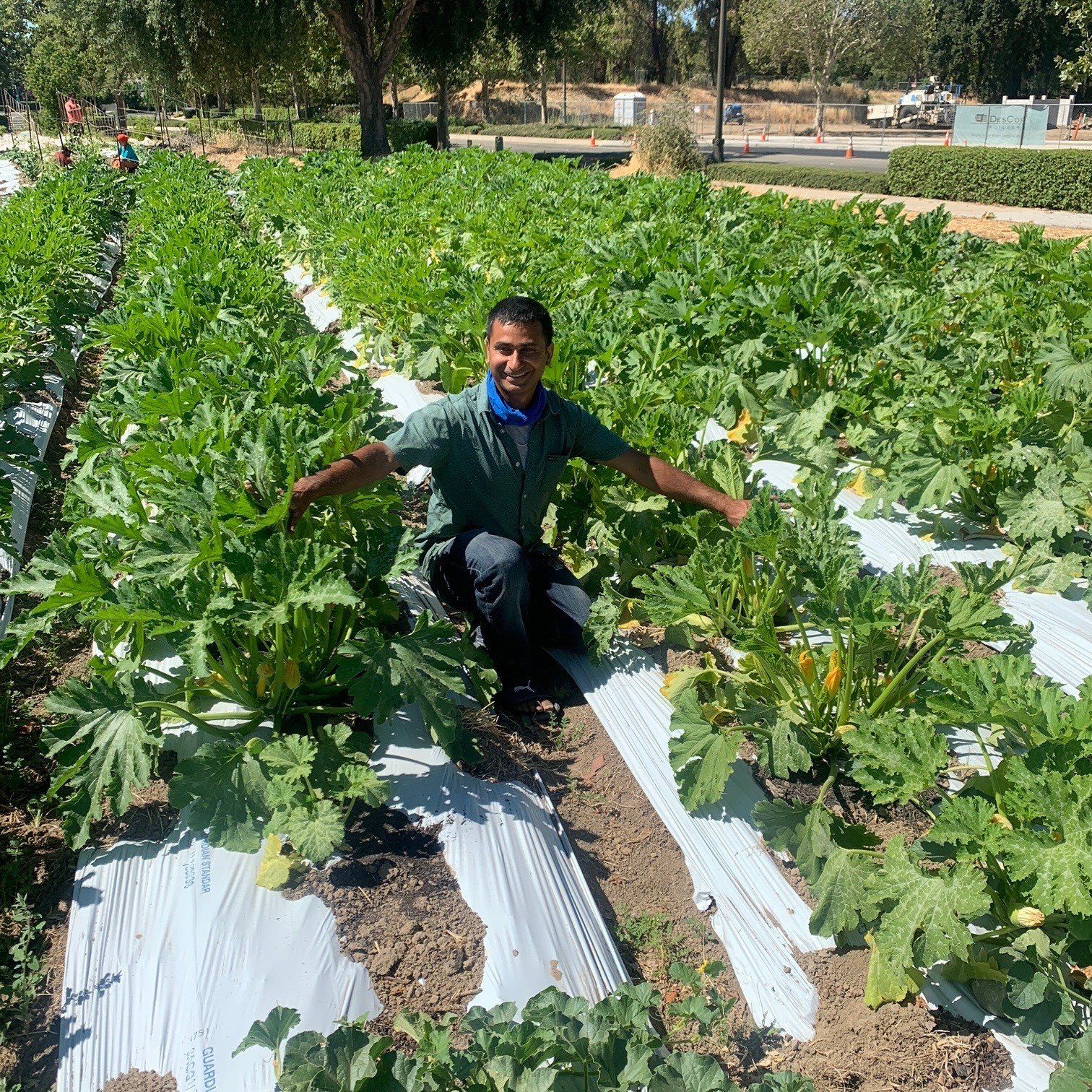
Learning to farm in a new climate has innumerable challenges. The weather, soil, pests, and diseases are often very different from the refugees' homelands.
"I thought I was born a farmer, but when I came here and started doing it, everything was completely different. Now I am the one who is trying to help people and provide assistance - I'm teaching them what drip irrigation is, why it's economical."
Another hurdle is understanding what produce the community wants - a unique challenge for New Roots since they serve immigrants from around the world. For Ram, it took years of diversifying his crops and talking with the community to learn what people from different countries and cultures liked to eat.
Cross-cultural knowledge sharing between farmers who have different agricultural backgrounds has been an exciting thing to observe, Ram said.
"We learn a lot from each other, myself included - discovering new crops, new foods, and how to grow and eat them. There's great benefit to having a diversity of farmers from around the world working side by side on one piece of land. Not only food, but culturally - meeting people from different cultures makes us better farmers and better people."
To support Ram's work, if you're in the Sacramento, CA area, you can contact the IRC Sacramento to sign up to volunteer at New Roots. They offer one-time, recurring, and corporate opportunities.
You can also donate to the IRC Sacramento to support New Roots' work. In-kind donations are incredibly helpful, too! Just be sure to ask what tools or materials are most needed.



